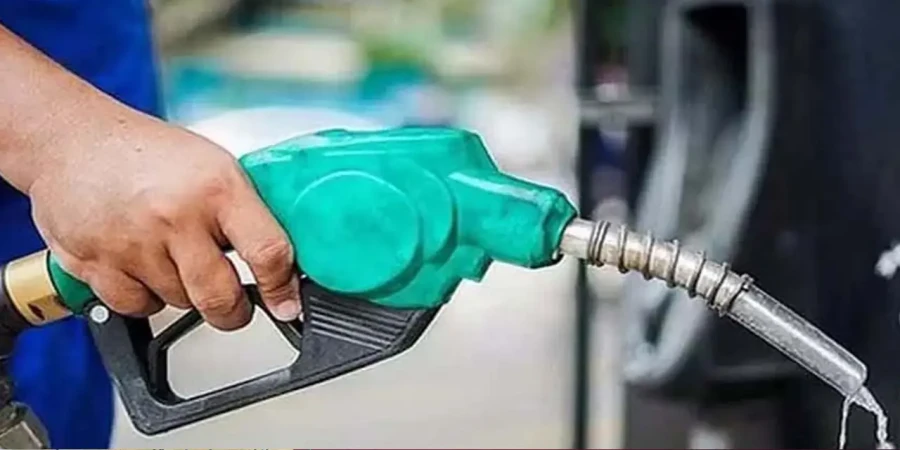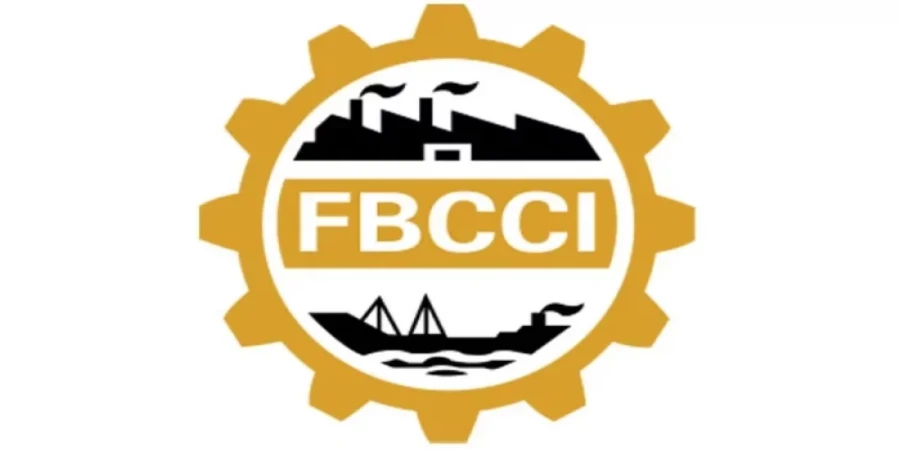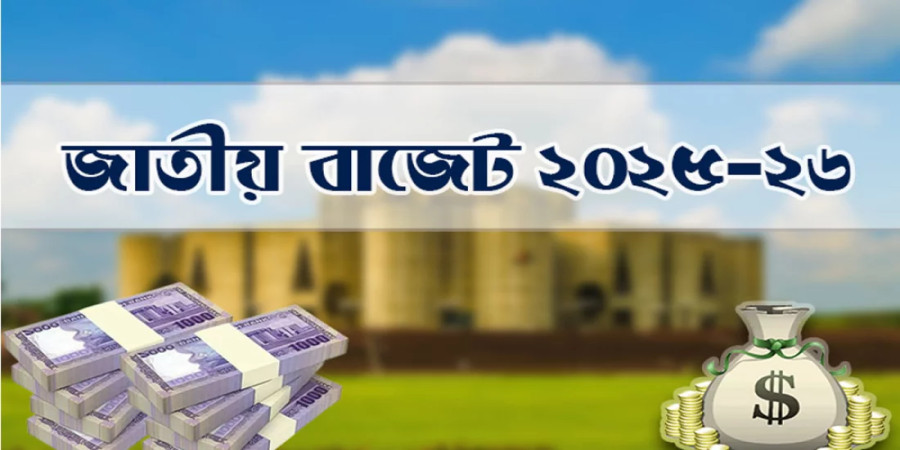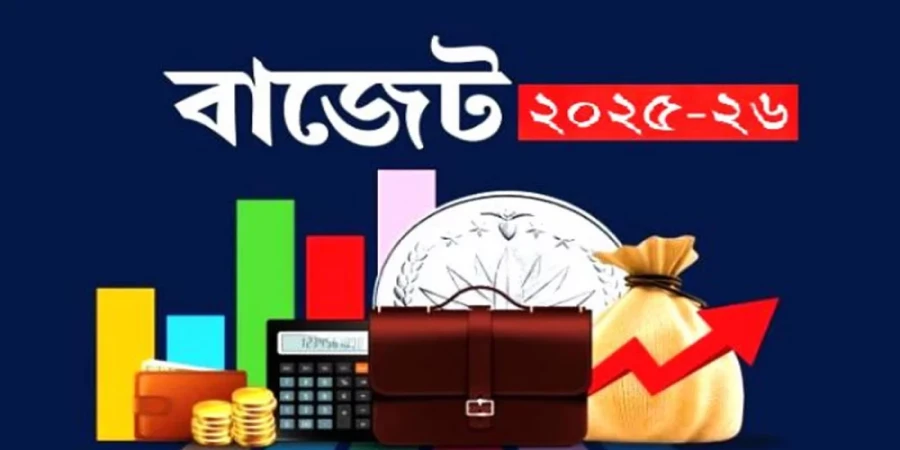
ছবি: Photo: Collected
The Bangladesh government has approved multiple proposals for the procurement of fuel worth approximately Tk 22,000 crore from Singapore, the United Arab Emirates (UAE), and Saudi Arabia. The approval was granted on Wednesday during the 16th meeting of the Cabinet Committee on Government Purchase (CCGP) held at the Secretariat. The meeting was chaired by Dr. Salehuddin Ahmed, Advisor to the Ministry of Finance.
Following the meeting, Dr. Salehuddin Ahmed briefed reporters, detailing the various proposals under which Bangladesh plans to import liquefied natural gas (LNG), crude oil, and refined fuel. According to one of the proposals, the Energy and Mineral Resources Division will procure one LNG cargo from the spot market via Messrs. Vitol Asia Pte Ltd, Singapore. This purchase, amounting to Tk 708.55 crore, includes VAT and taxes. The price per unit of LNG has been set at $15.2.
Additionally, under a separate proposal, the Bangladesh Petroleum Corporation (BPC) will import 600,000 tons of Murban-grade crude oil from Abu Dhabi National Oil Company (ADNOC) at a cost of Tk 5,208.37 crore for the year 2025.
In another significant procurement, BPC has been approved to purchase 700,000 tons of Arabian Light Crude (ALC) from Saudi Arabian Oil Company (Saudi Aramco) for the year 2025. The cost of this purchase is estimated at Tk 6,025.21 crore.
For the period from January to June 2025, the Energy and Mineral Resources Division will also import refined fuel through international quotations. This procurement is expected to cost approximately Tk 10,710.16 crore.
The refined fuel imports are divided into several packages involving various international suppliers. Under Package ‘A,’ Unipeck Singapore Pte Ltd will supply the fuel. Packages ‘B,’ ‘C,’ and ‘E’ will be handled by Vitol Asia Pte Ltd, Singapore, while Package ‘D’ will be supplied by OQ Trading Limited from Dubai.
Dr. Salehuddin Ahmed emphasized that these procurements are vital for meeting the country's energy needs and maintaining economic stability. He noted that the global energy market's volatility and rising prices necessitate strategic planning to ensure a stable supply of fuel for Bangladesh.
The LNG purchase from the spot market is part of the government’s efforts to address fluctuating demand for energy while maintaining a steady supply. Spot market purchases allow for flexibility in sourcing LNG at competitive prices, though the recent global price surges have made such purchases relatively expensive.
The long-term agreements with ADNOC and Saudi Aramco reflect the government’s strategy to secure a reliable supply of crude oil. Murban-grade and Arabian Light Crude are known for their high quality and efficiency in refining processes. These imports will be essential for supporting the operations of local refineries and meeting the demand for fuel across various sectors.
The refined fuel procurement, which involves major international suppliers, underscores Bangladesh’s reliance on imported fuel to cater to its growing energy needs. With a steady increase in industrial and vehicular fuel consumption, the government aims to avoid potential shortages by diversifying its sourcing channels and suppliers.
Energy experts have lauded the government’s proactive approach to securing fuel imports amid global market challenges. However, concerns remain about the impact of rising fuel costs on the country’s economy. Importing fuel at higher prices could increase pressure on foreign exchange reserves and contribute to inflationary trends.
As Bangladesh continues to expand its industrial base and infrastructure projects, the demand for energy is expected to grow further. The government’s focus on diversifying energy sources, including investments in renewable energy and energy efficiency, will play a crucial role in balancing the country’s energy needs with economic sustainability.
The approved fuel imports signify a critical step in ensuring uninterrupted energy supply and economic stability. The government’s strategic planning and engagement with international suppliers highlight its commitment to meeting the country’s energy demands while navigating the challenges of the global market.
repoter






